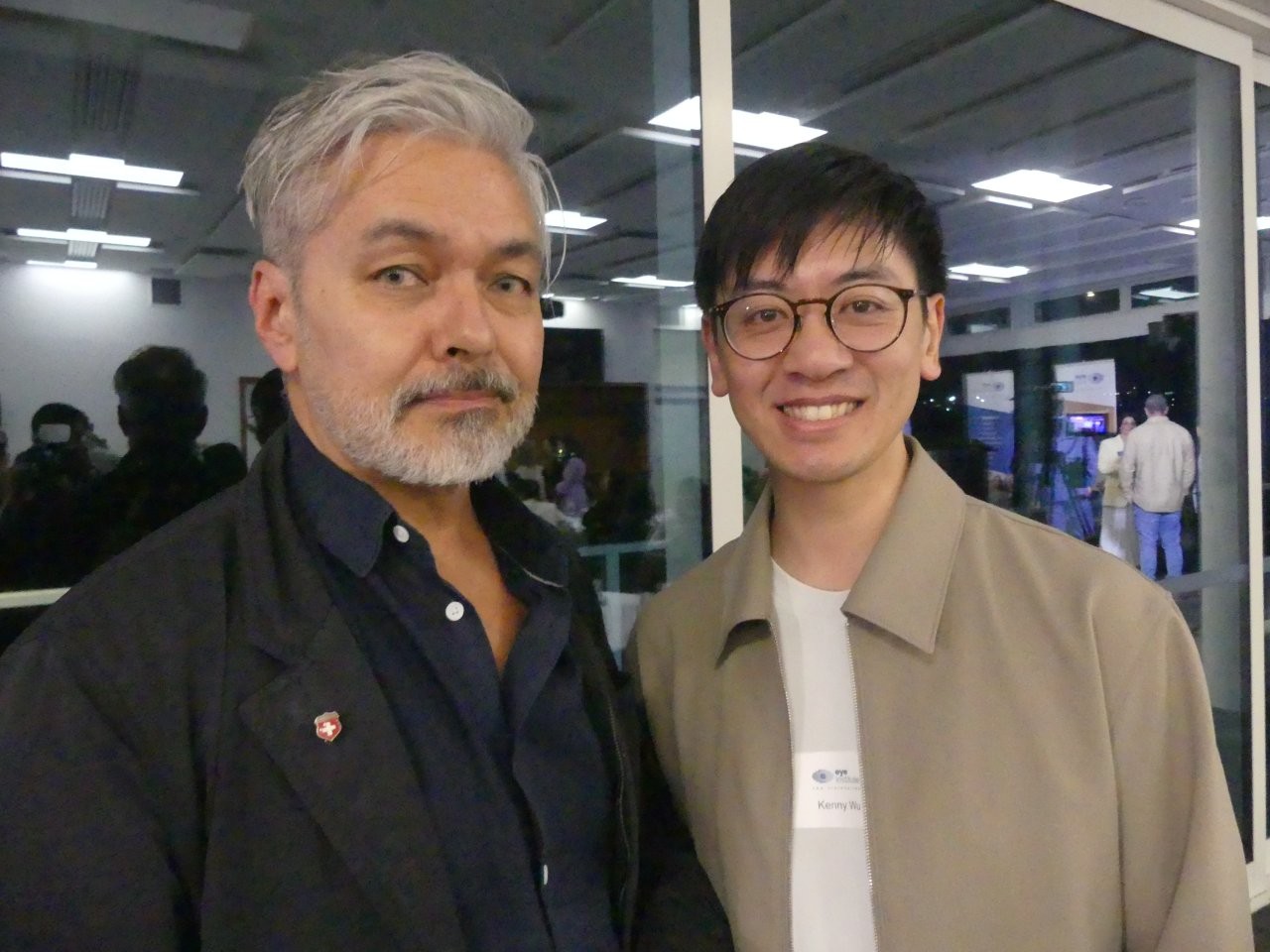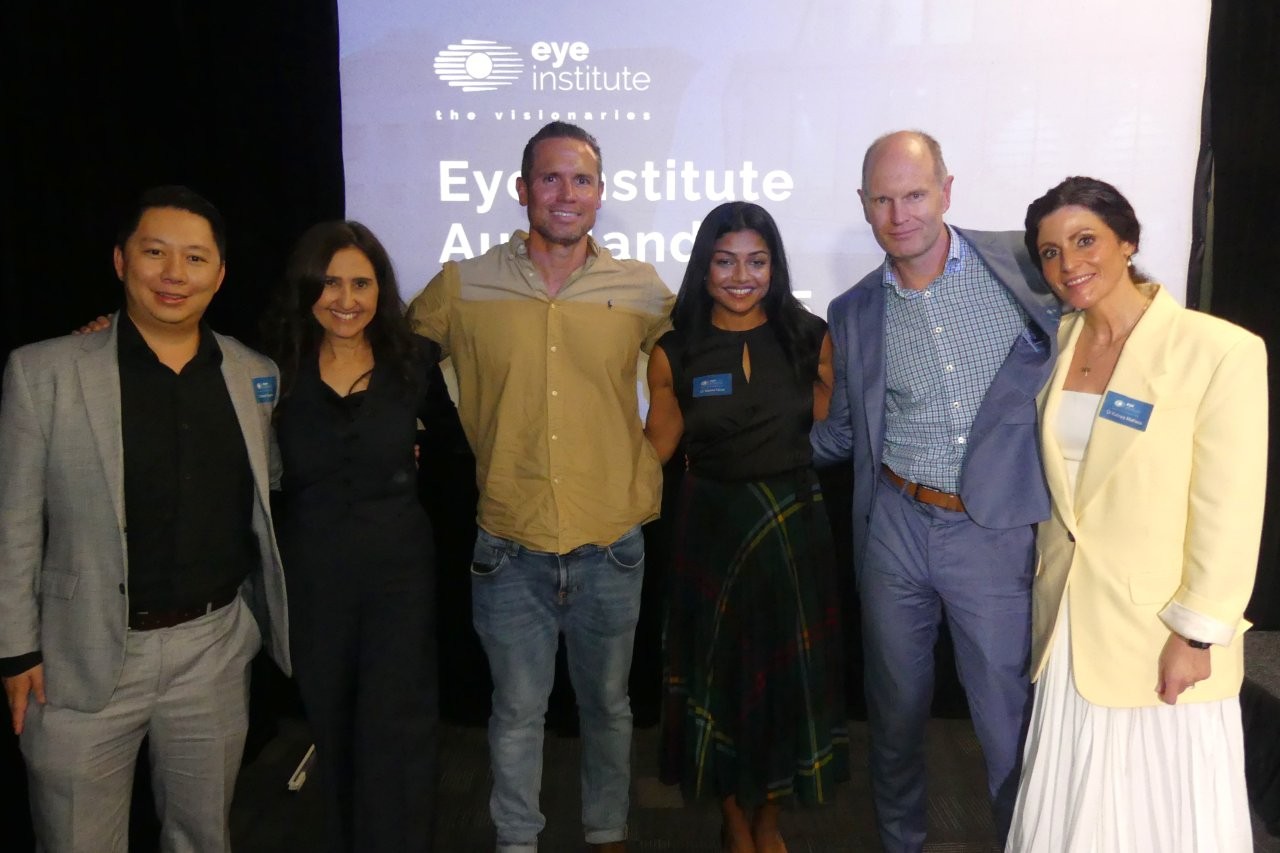ComCom to review RANZCO
The Commerce Commission has opened an enquiry into the Royal Australian and New Zealand College of Ophthalmologist’s (RANZCO’s) instruction to New Zealand-based fellows to not train their hospital-based optometrists to provide YAG laser capsulotomy and laser peripheral iridotomy, despite these being legally approved scope extensions.
“We are making initial enquires relating to an allegation that RANZCO sent a letter to its ophthalmologist members counselling them against facilitating non-ophthalmic medical practitioners, including optometrists, performing ophthalmic surgical laser procedures on any patient,” said a Commission spokesperson. “These initial enquiries will help us to decide whether we should open an investigation into this matter.”
The complaint was lodged by the New Zealand Association of Optometrists (NZAO), confirmed NZAO president Hadyn Treanor. “It is our opinion that the directive from RANZCO to ‘counsel against facilitating’ the training of optometrists in ophthalmic laser has the effect of preventing optometrists from practicing in this legal scope of practice.”
The complaint was made to obtain an external review of this “difficult” situation, said Treanor. “Due to the nature of their roles within hospitals, those most affected by this de facto ban on training are not in a position to complain due to the significant power imbalance in their workplace. We are aware that there are several optometrists very keen to proceed with learning this new skill and there are several ophthalmologists that would be happy to provide training.” But two years on from the introduction of the specialist scope of practice and more than one year on from the rejection of RANZCO's complaint by the Parliamentary Review Committee, there have been no optometrists trained beyond the initial pilot, he said, so RANZCO’s directive appears to have had the desired effect.
Treanor stressed that the NZAO and optometrists involved bear no animosity towards their New Zealand-based ophthalmologist colleagues and actually sympathise with the difficult position RANZCO has put some of them in. “Where possible, we aim to collaborate as best we can for the good of our patients. The goal of the complaint is not to penalise those causing the obstructions but to create a local legal precedent that allows our colleagues to make decisions that are best for their own communities.”
When approached, both RANZCO and the RANZCO NZ Branch declined to comment about either the Commerce Commission enquiry or, as requested before, what, if any, penalties it planned to impose on Kiwi ophthalmologists who ignored its directive and respected the legal scope change.
“If, as seems to have been alleged, RANZCO is discouraging its members from training hospital-based optometrists to provide laser surgery, then this would be concerning, particularly given the pressures the health system in New Zealand is currently facing,” said Suzanne Halpin, the Optometrists and Dispensing Opticians Board (ODOB) CEO and registrar. “Optometrists and specialist optometrists are trained to provide high-quality eyecare within their scopes of practice and there are standards and processes in place to provide assurances regarding their competence and fitness to practise. We acknowledge that we may hold different views about the future of optometry practice and ophthalmology care in New Zealand than those held by RANZCO. However, we remain confident in the evidence-based approach taken in the development and implementation of this specialist optometrist scope of practice – an approach which was supported by the Regulations Review Committee’s findings in relation to RANZCO’s complaint to this committee.”
An initial enquiry involves preliminary information gathering and testing what’s shared, said the Commission spokesperson. “Due to the varying nature and complexity of the matters we look into, there is no uniform or typical duration of this assessment.”
























